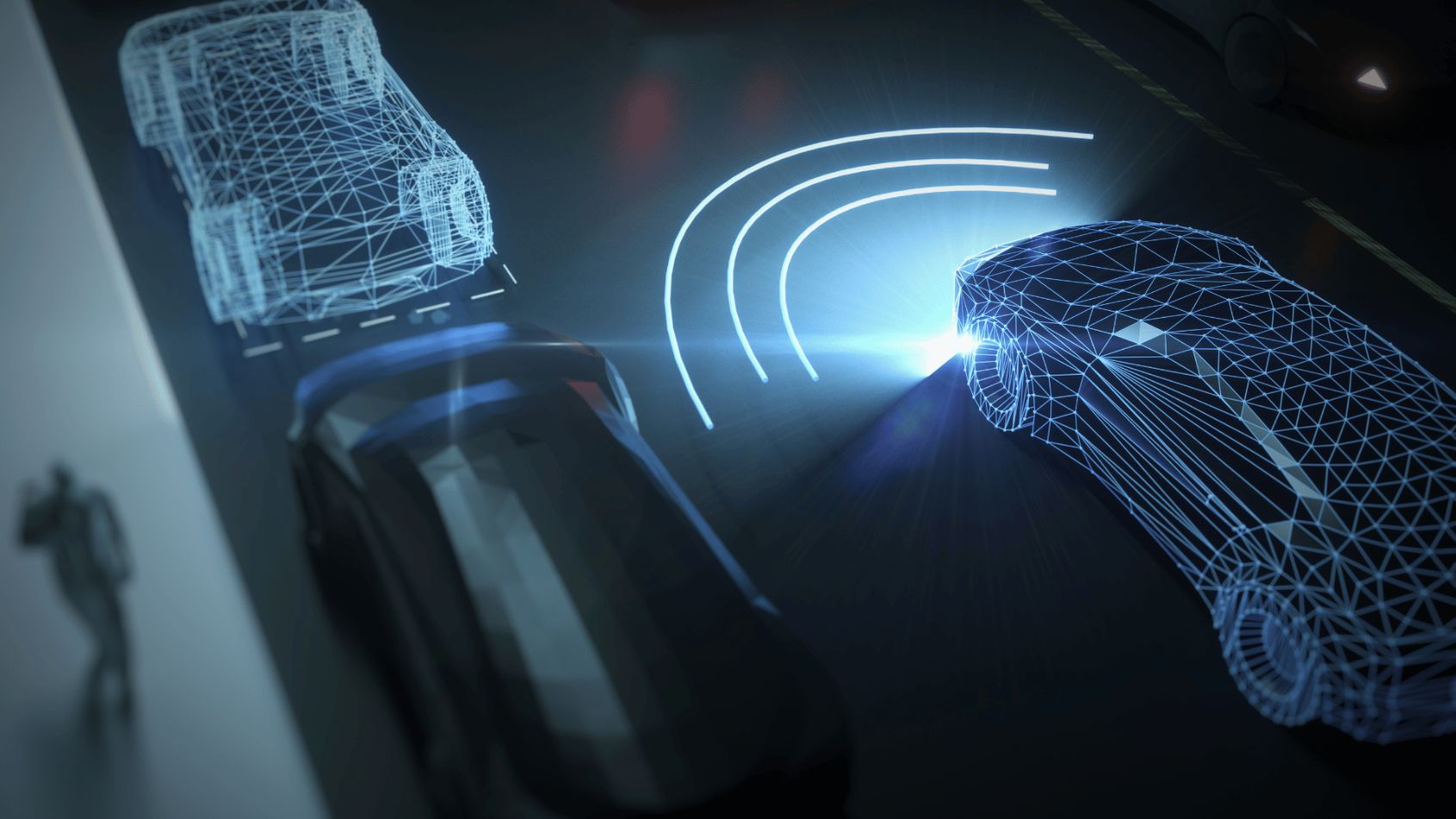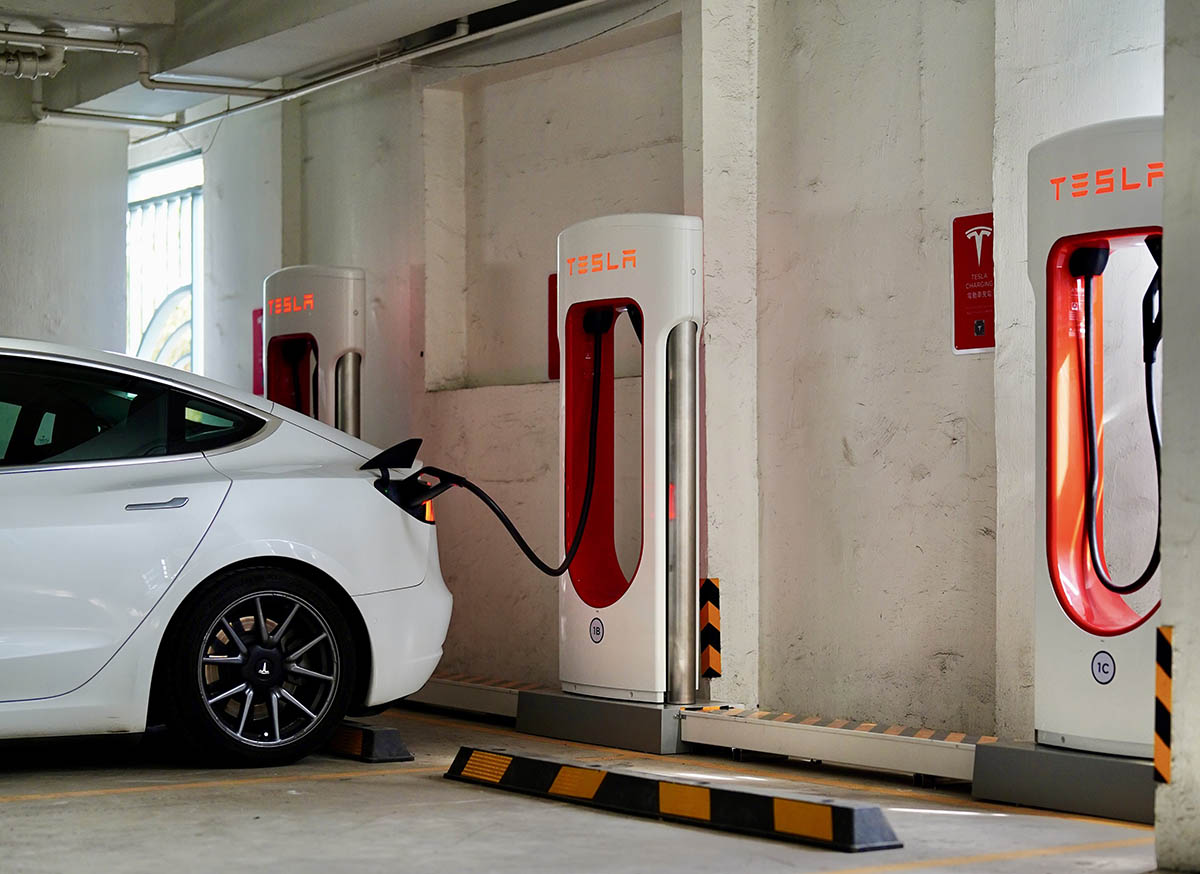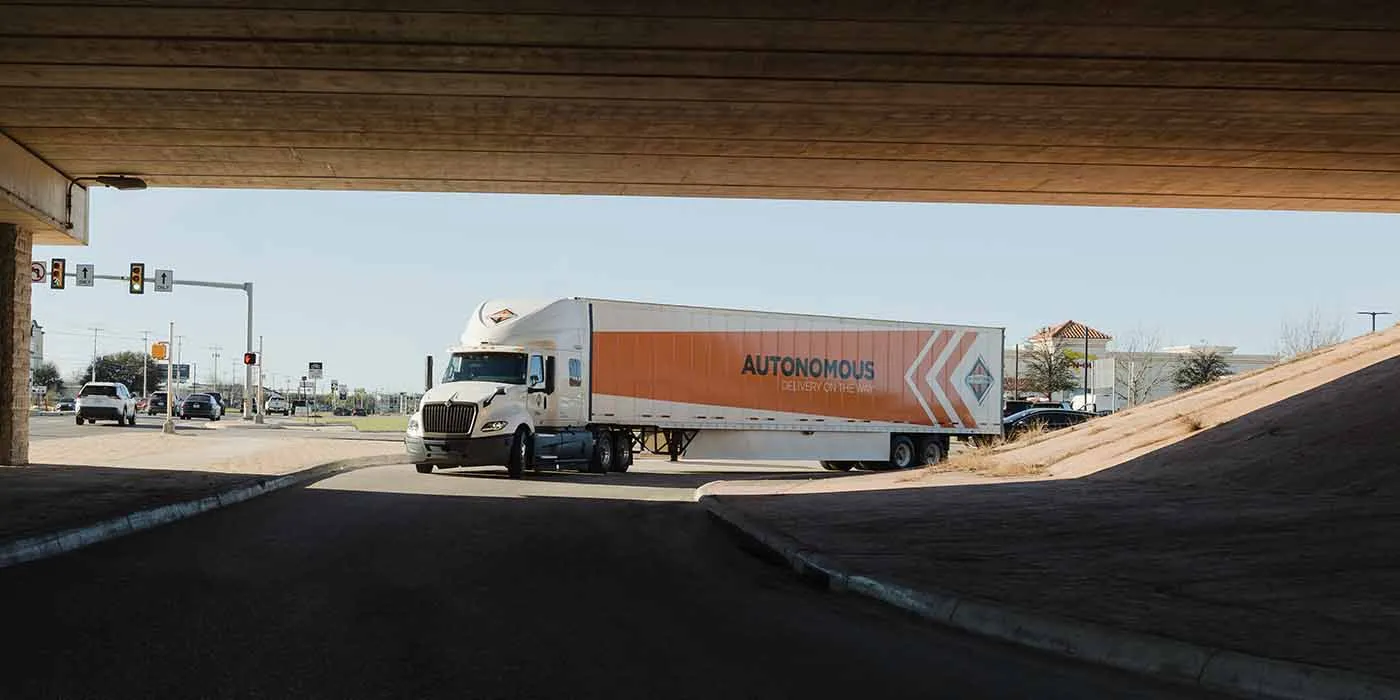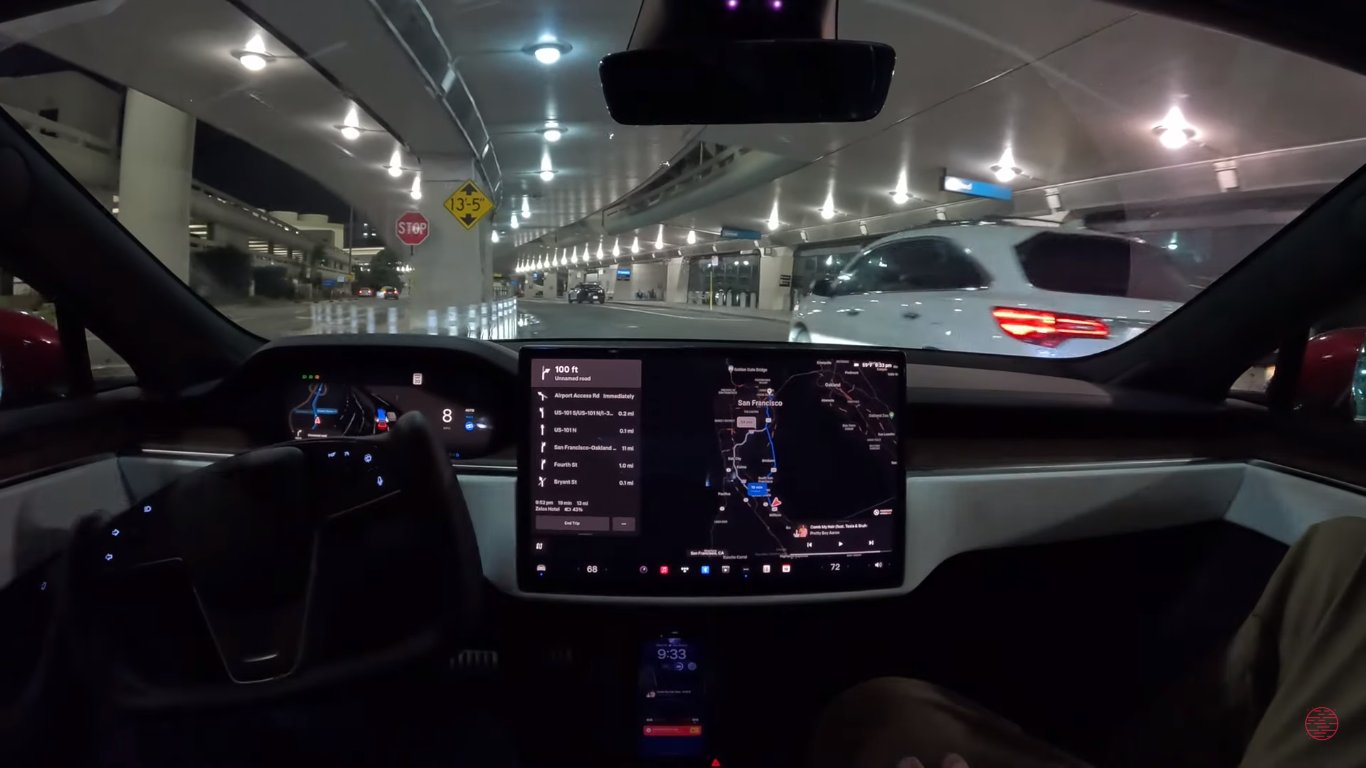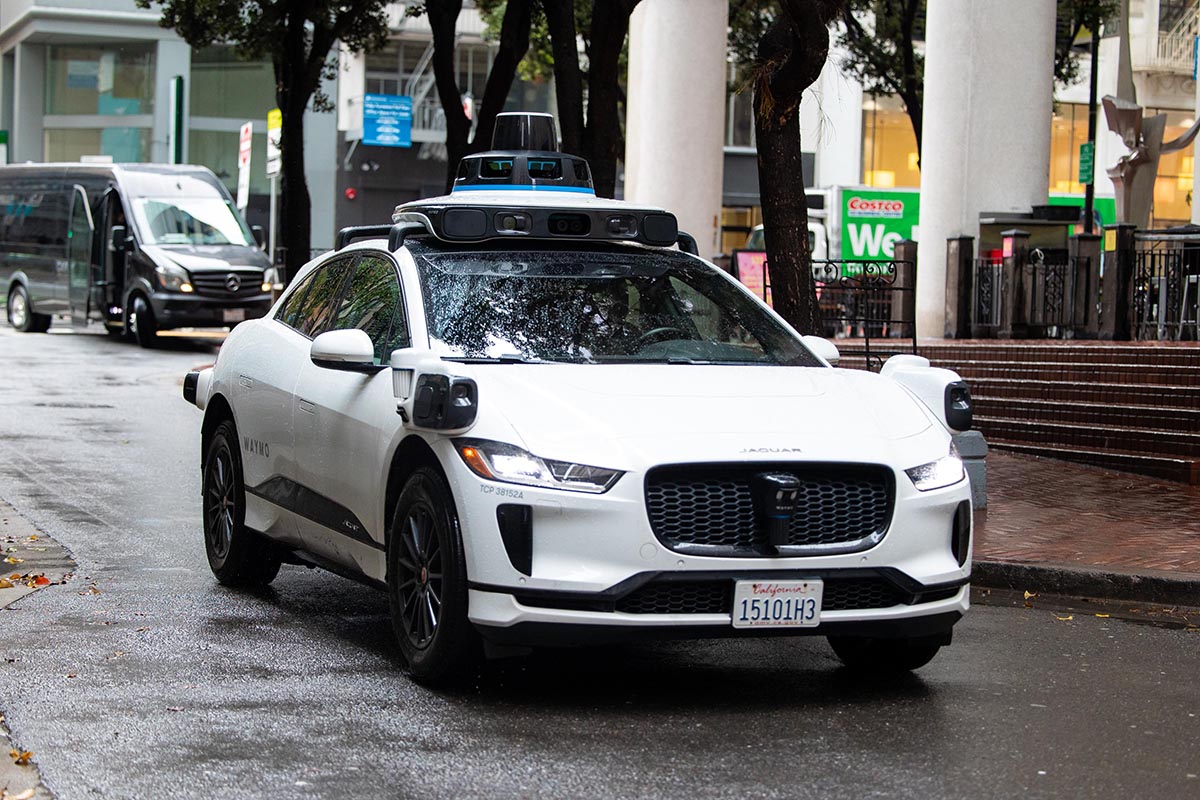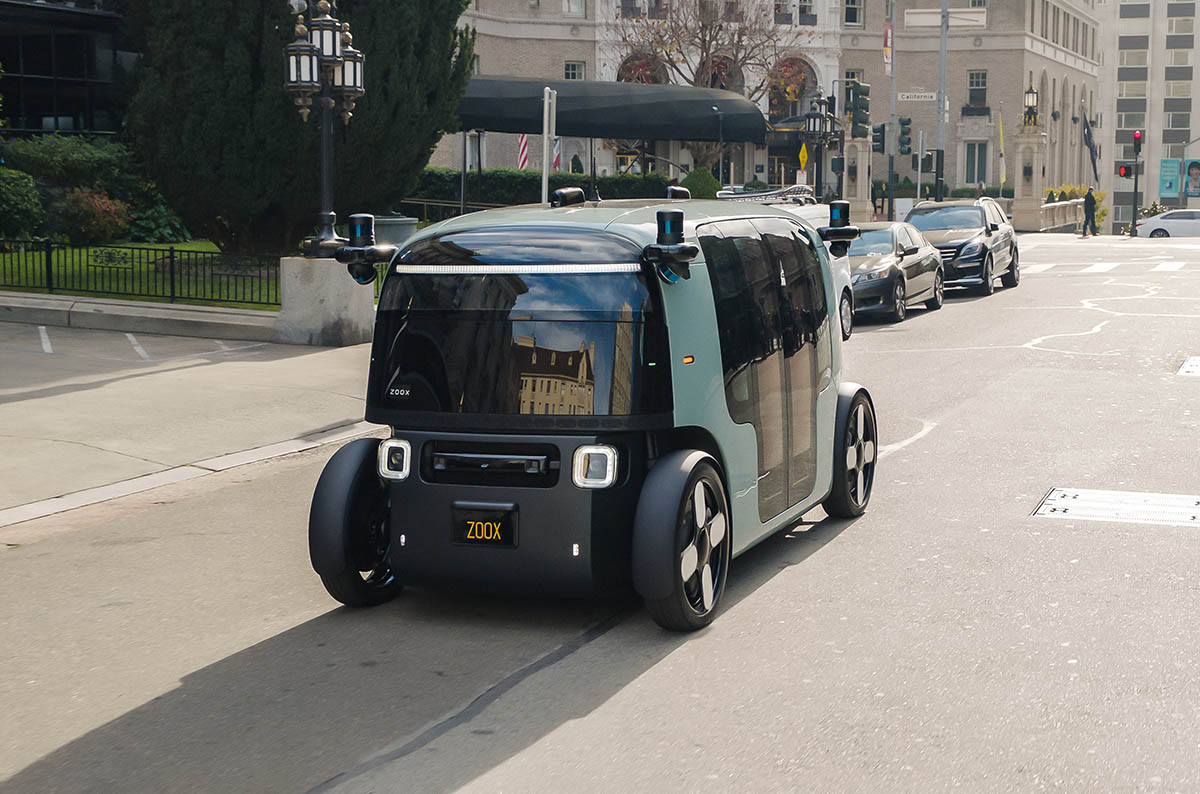The U.S. Insurance Institute for Highway Safety (IIHS) has released a new study on Tuesday, rating Tesla’s Autopilot and nine other assisted-driving systems from major automakers as “poor.” The study, which evaluated a total of 14 systems, also concluded that there is no evidence to suggest that Autopilot or other similar systems offer real-world safety benefits based on crash data.
“We have analyzed insurance claims data and compared vehicles with and without these systems, and our findings indicate that there is no reduction in claims as a result of these more advanced systems,” stated David Harkey, President of IIHS, in an exclusive interview with Reuters.
See also: Pony.ai and Luxembourg Government Collaborate to Advance Autonomous Mobility
In contrast, the study highlighted that automatic emergency braking systems have demonstrated tangible safety benefits, reducing rear-end collisions by 50% and incidents of vehicles hitting pedestrians by 30%.
Tesla and its CEO, Elon Musk, have previously claimed that a Tesla operating with Autopilot engaged is approximately 10 times safer than the U.S. average and five times safer than a Tesla without the technology enabled. However, federal regulators are currently investigating nearly 1,000 accidents involving Tesla’s Autopilot.
The IIHS study also rated assisted-driving systems from other automakers, with only one system, the Lexus Teammate with Advanced Drive, earning an acceptable rating. General Motors’ Super Cruise and Nissan’s “ProPILOT Assist with Navi-link” received “marginal” overall ratings.
See also: Waymo to Launch Autonomous Passenger Services for Employees in Austin, Texas
Harkey emphasized the lack of federal regulations governing advanced driver-assistance systems (ADAS), which prompted IIHS to develop its own standards to evaluate these systems.
Mercedes-Benz, BMW, Nissan, Ford, GM, Hyundai’s Genesis brand, and Geely’s Volvo Cars brand were among the automakers whose systems received “poor” overall ratings. However, all these systems achieved “good” scores on certain elements of the IIHS tests.
Automakers could improve their safety ratings by adopting existing technology for functions such as driver-monitoring or attention warnings, which have achieved “good” scores in IIHS tests.
Tesla and other automakers are continuously enhancing the capabilities of their systems. Tesla, for instance, revised its Autopilot software following a federal recall agreement. IIHS will assess the updated system in future tests.
“We are certainly going to take in the results of these tests as our cars and these systems continue to evolve,” commented BMW spokesman Jay Hanson.
The Genesis GV80 SUV, launching in the U.S. this spring, will be the first model from the Hyundai luxury brand to feature an in-cabin camera to monitor the driver’s face and eyes while assisted driving is engaged. The company plans to introduce this enhancement to future Genesis products in the coming months and years.

